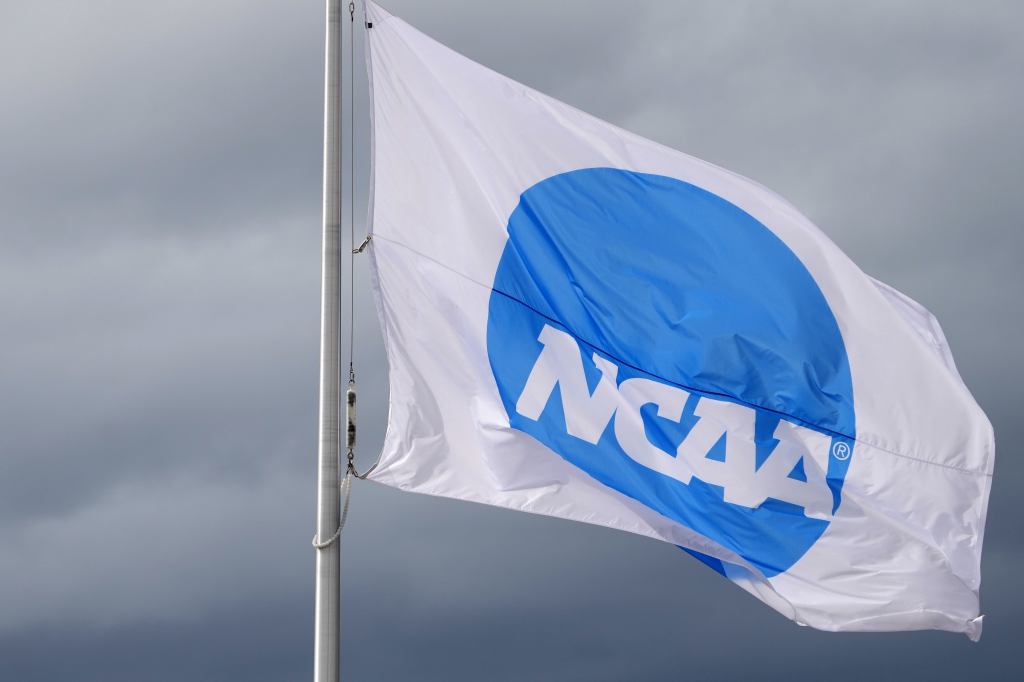
As the NFL is doing more to bring clarity to its sports betting policy for players and personnel, the NCAA just took a step in muddling its own plan.
The NCAA Div. I legislative committee announced changes Wednesday to the reinstatement guidelines for athletes who commit sports betting violations, and though it’s straightforward in how long athletes will be suspended, it falls short of making much sense.
Instead of setting a blanket punishment to make clear sports betting is off limits, the league created a dollar-amount tier system that leaves the door wide open for betting to continue.
Let’s have a look, from NCAA.org:
- $200 or less: sports wagering rules and prevention education.
- $201-$500: loss of 10% of a season of eligibility, plus rules and prevention education.
- $501-$800: loss of 20% of a season of eligibility, plus rules and prevention education.
- Greater than $800: loss of 30% of a season of eligibility, plus rules and prevention education.
So, let me get this right. A basketball player who bets $199 to win $100,000 on a five-leg parlay will only have to watch some educational video while another player who put $2 more on a losing parlay will have to sit out about three games?
And the punishment for an $800 bet is the same for that of a $500,000 bet?
Yeah, none of this makes sense. But here’s Jacksonville athletic director and DI legislative committee chair Alex Ricker-Gilbert trying to make it make sense in the release:
“These new guidelines modernize penalties for college athletes at a time when sports wagering has been legalized in dozens of states and is easily accessible nationwide with online betting platforms. While sports wagering by college athletes is still a concern — particularly as we remain committed to preserving the integrity of competition in college sports — consideration of mitigating factors is appropriate as staff prescribe penalties for young people who have made mistakes in this space.”
While I applaud DI for scrapping previous guidelines that often stipulated the loss of a full season of eligibility for a single violation, this new system doesn’t exactly reflect the league’s so-called concern. It just screams, “Hey, keep it under $200, and you can get off all the parlays your heart desires.” It’s not a deterrent at all, which should have been the priority as long as student-athletes are prohibited from betting of any kind.
Rather than arbitrary dollar amounts that are often relative to how well-off a bettor is, the tiers should have been based on number of violations. Rules and prevention education for a single violation. Graduating amounts of season eligibility loss for every violation after that.
To me, that would have been a more logical way to go about this. For some reason, NCAA’s DI went another direction.